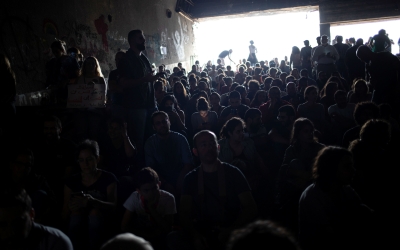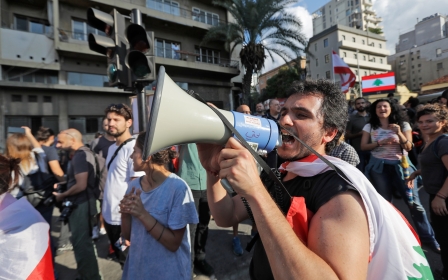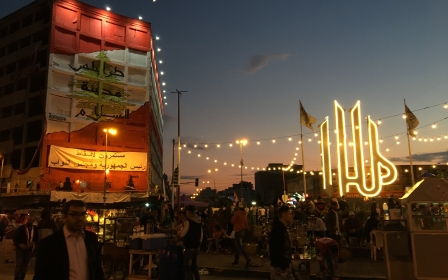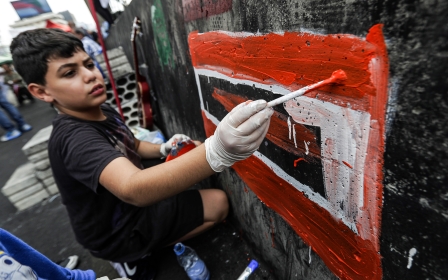Petrol stations shutter as dollar shortage hits Lebanon
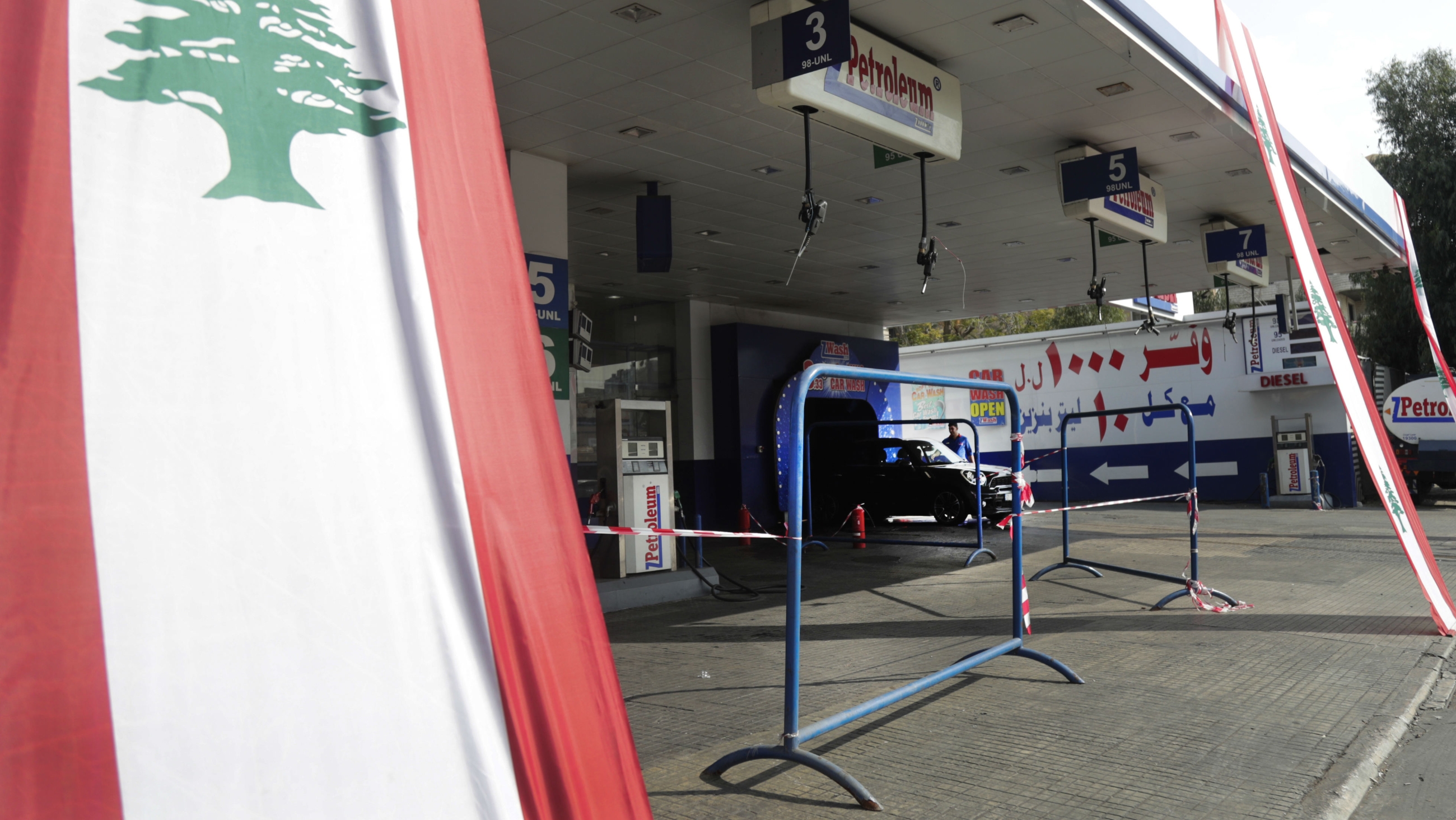
Lebanon’s lack of US dollars forced several petrol stations to stop pumping on Saturday, as they struggled to pay suppliers.
The country is struggling badly under a failing economy, and has been paralysed by three weeks of protests demanding Lebanon’s infective leaders are removed and corruption rooted out.
"The petrol stations that opened today are the ones that still have reserves. They will close down as soon as supply runs out," said Sami Brax, the head of the Syndicate of Gas Station Owners.
"We will be forced to stop imports and close down all petrol stations" unless officials help petrol station owners access dollar by Tuesday, he said.
For years, the Lebanese pound has been pegged to the dollar, with the two currencies used alongside one another.
New MEE newsletter: Jerusalem Dispatch
Sign up to get the latest insights and analysis on Israel-Palestine, alongside Turkey Unpacked and other MEE newsletters
'The petrol stations that opened today are the ones that still have reserves. They will close down as soon as supply runs out'
- Sami Brax, union chief
Though pumps accept and are often paid in Lebanese pounds, their suppliers only accept dollars.
However fears of a shortage of dollars in the central bank’s reserves have prompted banks to restrict access to the currency.
ATMs now give out only Lebanese pounds, and banks are rarely providing money-changing services.
That has led to many Lebanese turning to unofficial money changers, who are selling dollars at a higher rate.
Officially a dollar is worth 1,507 Lebanese pounds, though that has risen to 1,800 – a de-facto devaluation in the country that has caused prices to rise.
Dollar woes
Adding to Lebanon’s woes is the political crisis it is currently stumbling through, as politicians fail to agree on a caretaker government to help weather the economic storm.
In an attempt to raise money, last month the government drew up a series of taxes that would have hit the average Lebanese’s pocket hard.
In response, a spontaneous protest movement erupted on 17 October, with hundreds of thousands of demonstrators taking to the streets and forcing Prime Minister Saad Hariri and his cabinet to resign.
However the tumultuous events spooked the banks, who remained shuttered for days before opening gradually in recent days.
Fearing political instability and the sharp devaluation of the pound, many Lebanese have sought to withdraw their dollars or convert their savings in pounds.
"The banks are under pressure from people, both inside Lebanon and abroad," economist Naseeb Ghabreel told the AFP news agency.
The standoff with petrol stations has been threatened for some time.
Since September, petrol station owners have accused the banks of not providing them with the dollars needed to pay suppliers and threatened to strike.
With protesters blocking major roads across the country, Lebanon is already facing an accessibility problem.
Last month, the central bank vowed to secure dollar access for suppliers of fuel, wheat and medicine - a measure yet to take place.
Middle East Eye delivers independent and unrivalled coverage and analysis of the Middle East, North Africa and beyond. To learn more about republishing this content and the associated fees, please fill out this form. More about MEE can be found here.


